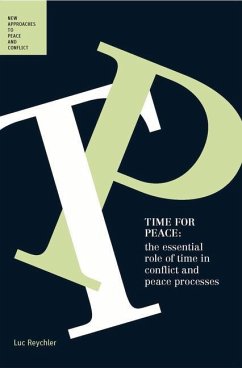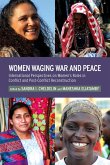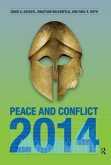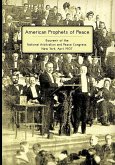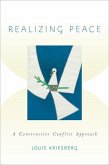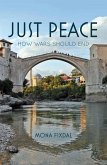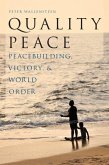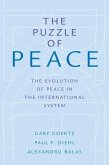For building sustainable peace and security, the time is always now. Violence in our world extends beyond armed conflicts: it exists in our social and economic structures, not to mention in our destruction of the environment. How can we build more sustainable development and peace? In this innovative, ambitious book, Dr Luc Reychler argues that we must drastically change our 'temporament', or the way we deal with time. Using examples such as Hurricane Katrina and regime change in Libya, Reychler shows how time is misused in conflicts - be it the failure to anticipate a disaster, or the manipulation of time to create a false sense of urgency. Ultimately, he proposes a more adaptive attitude to time, so that we can be proactive rather than reactive in our efforts at sustainable development and conflict resolution.

